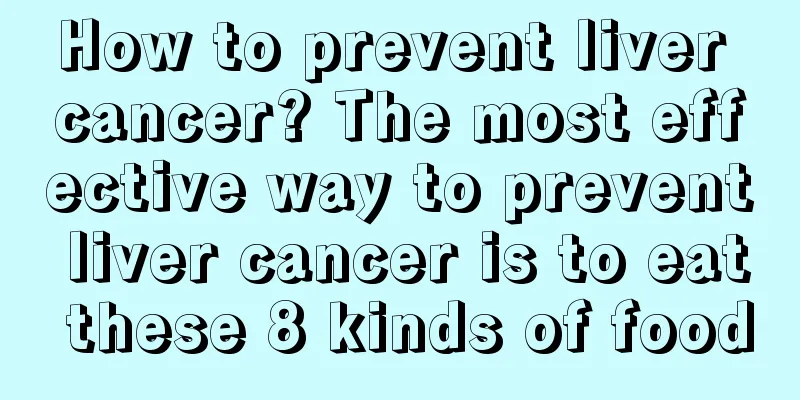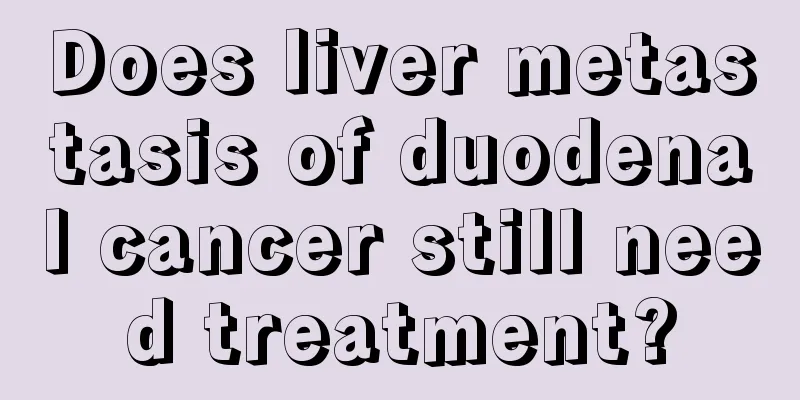Men who work night shifts are more likely to develop prostate cancer. What to eat to prevent prostate cancer

|
Prostate cancer is a typical male malignancy, and its incidence rate increases with age. It is understood that in addition to age, men with unhealthy lifestyles, such as those who often stay up late and work night shifts, are more likely to develop prostate cancer. Men who work night shifts are more likely to develop prostate cancer According to researchers, from 1988 to 1997, nearly 16,000 men from 45 cities, towns and villages across Japan were surveyed to find out the relationship between working hours and the incidence of prostate cancer. Of all the men surveyed, 12,756 worked long-term day shifts, 1,184 worked long-term night shifts, and another 1,966 worked in shifts around the clock. In the follow-up study, 55 people were eventually diagnosed with prostate cancer, including 38 who worked the day shift, 6 who worked the night shift, and 11 who worked the day and night shift. The researchers also comprehensively studied the patients' family history of prostate cancer and differences in age and region. The final statistical results showed that the probability of men who worked the day and night shift to develop prostate cancer was 3.5 times that of men who worked the day shift for a long time; while there was almost no difference in the probability of men who worked the night shift for a long time and men who worked the day shift. Researchers say that based on research so far, irregular shifts disrupt the body's biological clock and reduce the secretion of melatonin, which has the effect of inhibiting the proliferation of prostate cancer cells. This may explain why men with irregular working hours are more susceptible to prostate cancer. In addition, a new study found that obese men have twice the risk of prostate cancer compared to men of normal weight. Researchers say any effort to lose weight is likely to reduce the risk of prostate cancer, the incidence of which is steadily rising among men in developed countries. Men should eat 8 more foods to prevent prostate cancer In fact, in addition to not staying up late and working hard to lose weight to prevent prostate cancer, a reasonable diet can also have a good preventive effect. 1. Spinach Spinach has numerous health benefits, such as protecting eyesight, preventing prostate cancer, colon cancer and breast cancer; preventing heart disease, stroke and dementia; lowering blood pressure, resisting infection, and promoting bone health. Fresh spinach should be a regular on the table. 2. Watercress Watercress can prevent cancer and macular degeneration and enhance immunity. It is rich in phytochemicals that can protect healthy cells from carcinogens. If conditions permit, you can eat it every day, and it is best to eat it raw. 3. Carrots A diet rich in carotenoids has been linked to a lower risk of bladder, cervical, prostate, laryngeal and esophageal cancers. In addition to protecting against cancer, nutrients in carrots can boost immunity and promote ear, eye and gastrointestinal health. 4. Onion People who eat onions regularly have lower mortality rates from prostate cancer, esophageal cancer, and coronary heart disease. Onions also contain sulfides that can lower cholesterol and blood pressure, and amino acids that prevent bone loss. The natural antihistamine quercetin in onions reduces infection and relieves allergy symptoms. 5. Tomatoes Lycopene has powerful antioxidant function, and the human prostate is the main organ rich in lycopene. Therefore, lycopene is a very important nutrient for preventing prostate diseases, especially prostate cancer. 6. Pumpkin seeds Pumpkin seeds contain an active biological component of androgen, which can eliminate the initial swelling of the prostate, have an anti-infection effect on the urethra, and relieve the symptoms of frequent urination. Pumpkin seeds are also rich in zinc, which is also a very important mineral for inhibiting prostate diseases. 7. Leek Leek can effectively prevent prostatitis and prostate hyperplasia. It is a common vegetable with strong growth. It is a good product for the auxiliary treatment of kidney deficiency, impotence, spermatorrhea and night leaking. It has a good effect on male erectile dysfunction, premature ejaculation and other diseases. 8. Bee Pollen Taking bee pollen and its products can increase blood circulation in prostate tissue, reduce edema, improve efficacy, and have no side effects. Because bee pollen contains a large amount of amino acids, trace elements and various vitamins, among which alanine, glutamic acid, glycine, etc. have certain therapeutic effects on the prostate. In order to better prevent prostate cancer, male friends are best to avoid smoking, drinking and coffee. |
<<: Amir passed away from prostate cancer. To prevent prostate cancer, eat three more vegetables
>>: What are the risk factors for prostate cancer
Recommend
Can I use expired pure milk to wash my face?
We know that milk is not only rich in protein, bu...
What are the benefits of moxibustion on the soles of the feet
Moxibustion is a common treatment method in Tradi...
How long does it take to recover from a broken arm tendon
Broken tendons in the arm are common fractures. W...
Can I eat bird's nest when I have a cold or cough?
When people have a cold or cough, their body'...
What is the best way to treat liver damage
The liver is a very important organ for the human...
There are actually these methods to cure Helicobacter pylori
Helicobacter pylori is a highly contagious bacter...
What season are cherries in?
Many people are familiar with cherries. This is a...
Trigeminal neuralgia caused by tooth extraction
People say toothache is not a disease, but it is ...
Ten thousand people are diagnosed with cancer in China every day. Doctors advise that if you want to live longer, please stick to four more and three less when you wake up in the morning
"Doctor, I...I have been feeling stomach dis...
What is the best way to treat tinea versicolor?
The usual treatment for tinea versicolor is mainl...
What to do if the cesarean section scar becomes hard
Caesarean section is a surgical procedure that is...
What is the correct way to climb stairs
Now many people are starting to live in buildings...
Which organs in the human body are prone to cancer
Which organs in the human body are most susceptib...
Are there any pitfalls in laser freckle removal?
Laser freckle removal is a common freckle removal...
Why do I get a stomachache after lifting heavy things
Abdominal pain is a common health problem. Many p...









